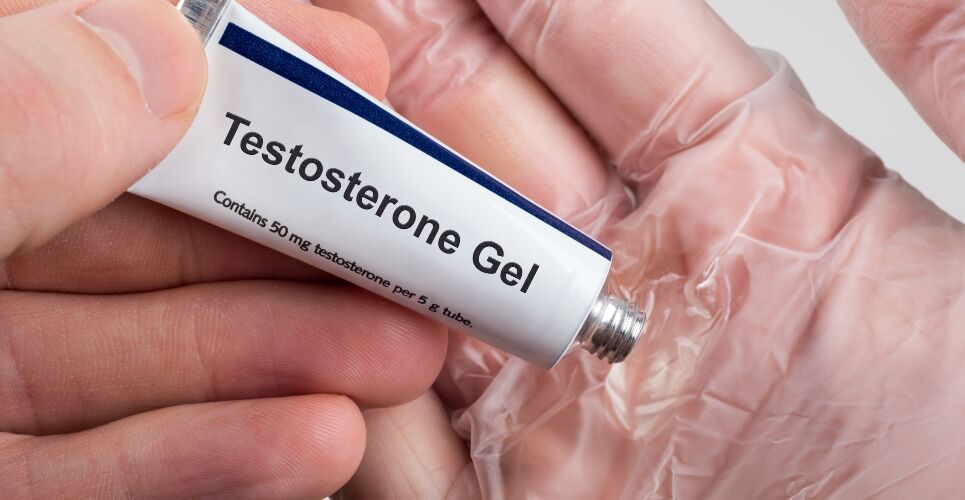Topical testosterone therapy for middle-aged and older men with hypogonadism and either pre-existing or at a high-risk of cardiovascular disease, does not increase the risk of adverse cardiac events, according to a recent randomised trial.
The cardiovascular risks of using testosterone therapy in men with hypogonadism have been unclear. Some data suggests that replacement therapy in men who underwent coronary angiography was associated with increased risk of adverse outcomes. Conversely, other data from an observational study revealed a lower mortality in those in receipt of replacement therapy compared with no treatment.
With such conflicting results, the current study, published in the New England Journal of Medicine, was designed to determine if testosterone-replacement therapy increased the incidence of major adverse cardiac events among middle-aged and older men with either pre-existing or a high-risk of cardiovascular disease. Individuals at a high-risk included those with hypertension, dyslipidaemia, type 2 diabetes if aged over 65 years of age.
Researchers undertook a phase 4, randomised, double-blind, placebo-controlled, non-inferiority, event-driven trial. Participants were men aged 45-80 years who reported one or more symptoms of hypogonadism, including decreased sexual desire or libido, decreased spontaneous erections, fatigue or decreased energy. These were then randomised in a 1:1 ratio to either daily transdermal 1.62% testosterone gel or matching placebo.
The primary safety endpoint was the first occurrence of any component of major adverse cardiac events, a composite of death from cardiovascular causes, nonfatal myocardial infarction or nonfatal stroke.
Testosterone therapy and adverse cardiac outcomes
Of the 5,204 men, with a mean age of 63.3 years, included in the trial, some 2,601 were assigned to receive testosterone and followed for a mean duration of 33 months.
The primary cardiovascular endpoint event occurred to a similar extent in both groups (hazard ratio, HR = 0.96, 95% CI 0.78 – 1.17, p < 0.001 for non-inferiority). Similarly, an analysis of secondary outcomes, which were the individual components of the primary composite, also revealed no significant differences between either testosterone therapy and the matching placebo.
Adverse events were similar in the two groups with 45.7% and 44.7% of those in the testosterone and placebo group respectively, experiencing any adverse event. However, there was a significantly higher incidence of nonfatal arrhythmias warranting intervention in the testosterone group (p = 0.001).
Nevertheless, the researchers conducted that testosterone therapy was non-inferior to placebo with respect to the incidence of major adverse cardiac events.

